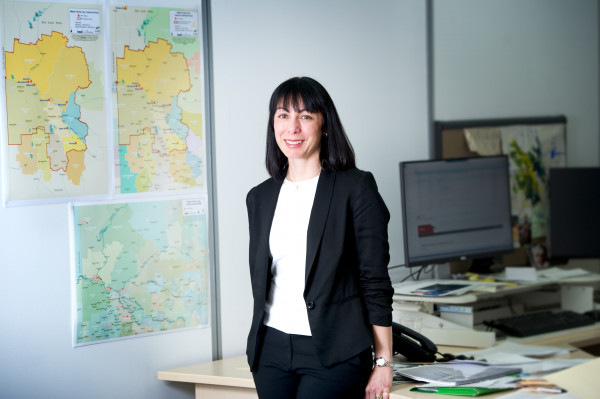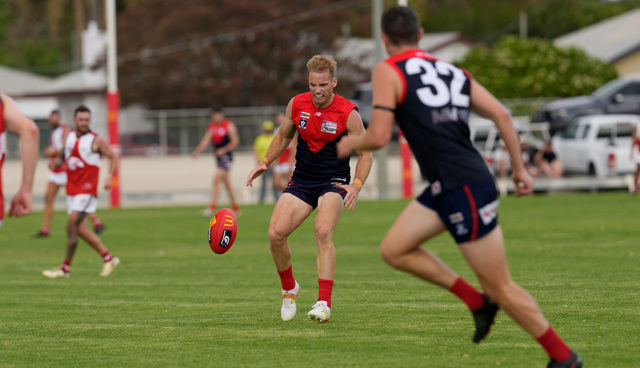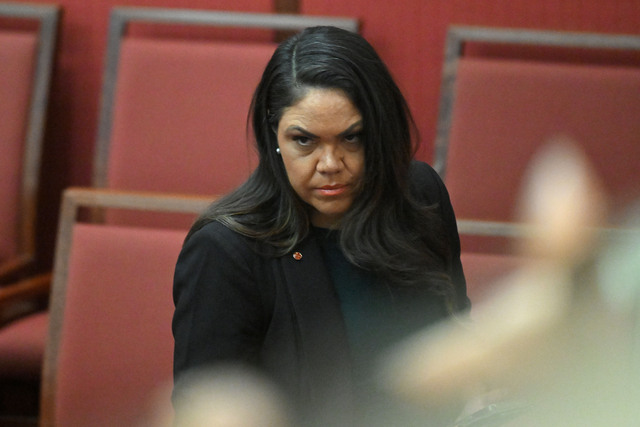MALLEE Family Care chief executive Teresa Jayet says the Federal Government’s announcement that the JobSeeker payment will increase by $50 a fortnight is “actually quite devastating” to welfare recipients in Sunraysia.
Under the changes, JobSeeker’s base rate will increase from $565.70 a fortnight to $615.70 when the coronavirus supplement runs out on March 31.
However, the permanent $50-a-fortnight increase, which equates to $3.58 per day, will still be a cut compared to the amount welfare recipients have been paid over the past year.
Ms Jayet said the increase was “nowhere near enough” for people living on unemployment benefits in the Mallee.
“Many people – and primarily children – will do worse out of this,” she said.
“This plunges them even deeper into poverty. What this really awful decision has done means that people will have to make really drastic decisions about whether they pay their rent, or whether they buy food.”
According to Ms Jayet, a permanent JobSeeker increase more in line with what was offered at the start of the pandemic was needed.
“We were talking about a subsidy that looked at an increase of maintaining what the coronavirus supplement was, and that sat around $25 a day,” she said.
“That actually meant that people were brought up above the poverty line and they could make decisions about buying medication and paying rent and purchasing food.”
The changes announced on Tuesday mean JobSeeker is set to stay below the poverty line, which is about $457 a week for a single adult.
The JobSeeker changes will also increase mutual obligations for recipients, meaning people must apply for more jobs in order to receive their payments, as well as work for the dole being required for some jobseekers.
There will also be a hotline for employers to “dob in” anyone who refuses a job offer.
Member for Mallee and government MP Anne Webster welcomed the changes, which she said represented a substantial increase to Australia’s social security safety net.
“This $9 billion commitment is the largest budget measure ever provided for working age payments and is the single biggest year-on-year increase to the rate of unemployment benefits since 1986,” she said.
“These changes strike the right balance between providing support for people while providing incentives to work.”
Dr Webster labelled the move “fair and sustainable changes”, an assessment Ms Jayet vehemently disagreed with.
“Fair and sustainable to who?” she asked.
“Represent your community, represent the people who are your constituents and represent the people that are suffering in your community.
“When you have economists – the best in the country – and very senior community leaders nationally saying to the government that this is cruel … and that people deserve better to improve their lives, it is your obligation to do better by us.”







